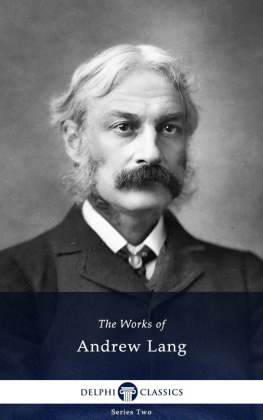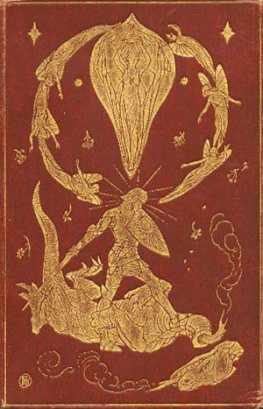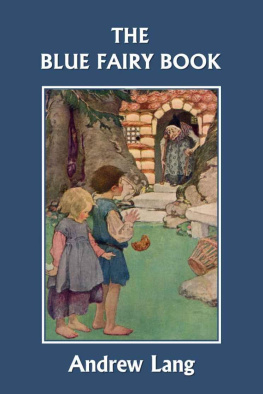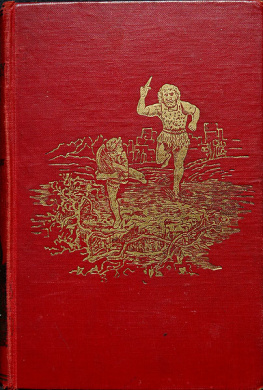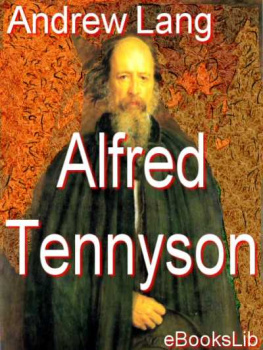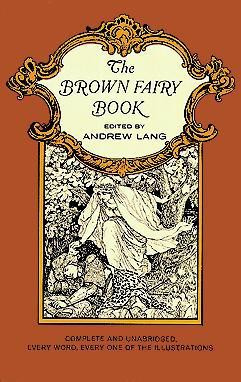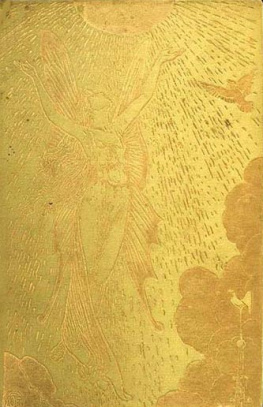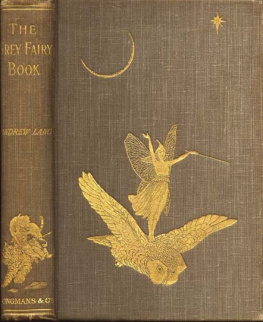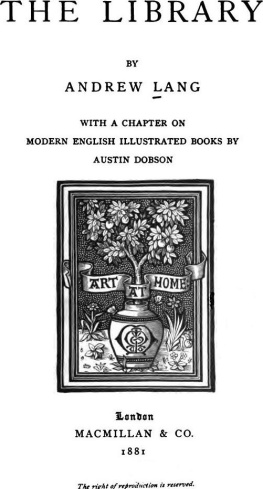CHAPTER I. THE CHILDHOOD OF JOAN OF ARC
J OAN OF ARC was perhaps the most wonderful person who ever lived in the world. The story of her life is so strange that we could scarcely believe it to be true, if ali that happened to her had not been told by people in a court of law, and written down by her deadly enemies, while she was still alive. She was burned to deach when she was only nineteen: she was not seventeen when she first led the armies of France to victory, and delivered her country from the English.
Joan was the daughter of a poor man, in a little country village. She had never learned to read, or write, or mount a horse. Yet she was so wise that many learned men could not puzzle her by questions: she was one of the best riders in France; one of the most skilled in aiming cannons, and so great a general that she defeated the English again and again, and her army was never beaten till her King deserted her. She was so brave that severe wounds could not stop her from leading on her soldiers, and so tender-hearted that she would comfort the wounded English on the field of battle, and protect them from cruelty. She was so good that her enemies could not find one true story to tell against her in the least thing; and she was so modest that in the height of her glory she was wishing to be at home in her fathers cottage, sewing or spinning beside her mother.
Joan, who was born at Domremy, in the east of France, on January 6, 1412, lived in a very unhappy time. For nearly a hundred years the kings of England had been trying to make themselves kings of France, just as they had been trying to make themselves kings of Scotland. Perhaps they might have succeeded, if they had confined themselves to one conquest at a time. But they left Scotland alone while they were attacking France, and then Scotland sent armies to help the French, as at other times the French sent armies to help Scotland.
Eight years before Joan was born a sad thing happened to her country. Henry V. of England had married the Princess Katherine of France, and the French, or some of them, tired of being beaten in war, consented to let the child of Henry and the Princess Katherine be their King, instead of the son of their old King. The old Kings son was called the Dauphin; that was the title of the eldest son of the French kings. This Dauphin was named Charles. His friends went on fighting the English for his sake, but he was not crowned King. The coronations of French Kings were always done in the Cathedral at Rheims, where they were anointed with sacred oil. The oil was kept in a very old flask, which was said to have been brought from heaven, to a Saint, by an Angel. No eldest sen of the King was thought really King of France, after his fathers death, till he had been anointed with this heavenly oil at Rheims by the Archbishop. It is important to remember this; you will see the reason afterwards. Now, Rheims was in the power of the English, so the Dauphin, Charles, could not go there and be made King in earnest. The English said that he was not the son of his father, the late King, which made him very unhappy. We shall hear how Joan comforted him and made him King for good and all. What Scots and Frenchmen could not do, she did.
In the meantime the French were divided into two parties. Some sided with the Dauphin, Prince Charles; more, and especially all the people of Burgundy, and the Duke of Burgundy, a great and rich country, were on the side of the English. So they fought very cruelly, for the land was full of companies of ill-paid soldiers, who plundered the poor, so that towns fell into decay, many fields were empty of sheep and cows, and the roads became covered with grass. In the villages a boy used to watch all day, from the spire of the church, to see whether any soldiers were riding up. If they came, the cattle were driven into the woods, and men, women, and children ran to hide themselves, carrying such things away as they could. The soldiers of all sorts robbed equally, for they had often no regular pay, and the Scots were not behindhand in helping themselves wherever they went. Even gentlemen and knights became chiefs of troops of robbers, so that, whoever won in the wars, the country people were always being plundered.
In the middle of these miseries Joan was born, in a village where almost everybody was on the side of the Dauphin: the right side. In the village nearest to hers, Maxey, the people took the English side, and the boys of the two places had pitched battles with sticks and stones. It is true that they would have found some other reason for fighting, even if the English had not been in France. Joan used to see her brothers, Peter and John, come home from these battles with their noses bleeding, and with black eyes, but she did not take part herself in these wars.
Her village was near a strong-walled town called Vaucouleurs, which was on the side of the Dauphin. When Joan was a little girl she did not see very much of the cruelty of the soldiers; the village was only visited once or twice by enemies. But she heard of what was going on in the rest of France: there was great pity in France, she said. She did, once or twice, see some of the pity. There was a man called Henry dOrly, living in a castle named Doulevant, who, like many other gentlemen in these days, was a captain of robbers.
One day several spearmen of his rode into Domremy, Joans village, and seized Joans fathers cows, with all the other cows that they could find, just as the Scotts, Elliots, and Armstrongs used to ride across the Border and drive the cattle of the English farmers. But a lady lived in a strong castle rear Domremy, and when she heard how the village people had been plundered she sent the news to a gentleman in the neighbourhood, who gathered his spearmen and rode after the robbers. The thieves, of course, could not ride faster than the stolen cows could trot; they pricked the poor beasts with their spears, and made them lumber along, but a cow is slow at best. The pursuers galloped and came on the cattle in a little town, while the thieves were drinking in the wine shops. When they heard the horses of the pursuers gallop down the street, they mounted their horses and spurred for their lives; but now came their master, Henry dOrly, with more spearmen, who followed after the cattle and the gentlemen who were driving them home. They turned and charged Henry dOrly, and cleared the road, and the cows came home to Domremy, all safe.



